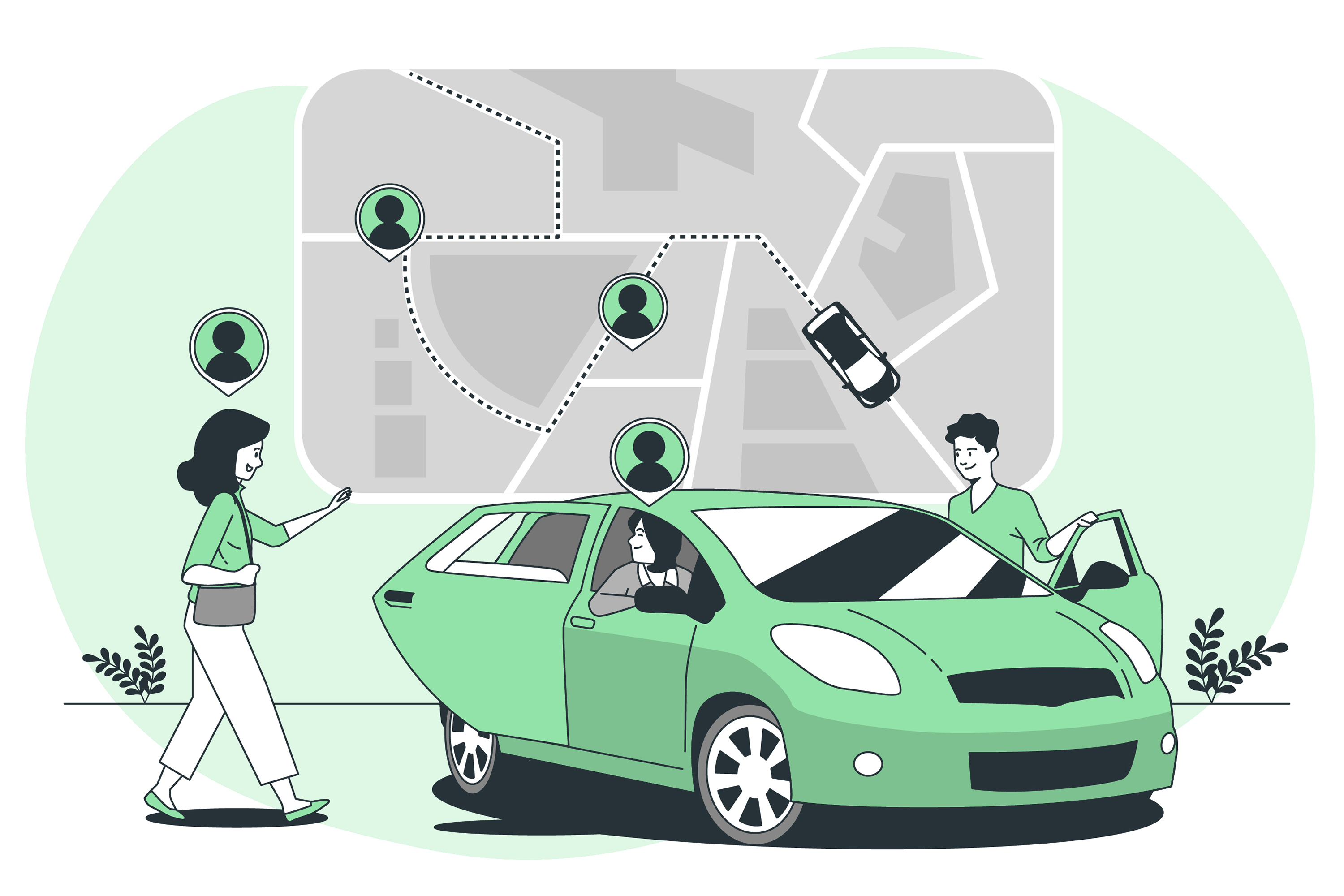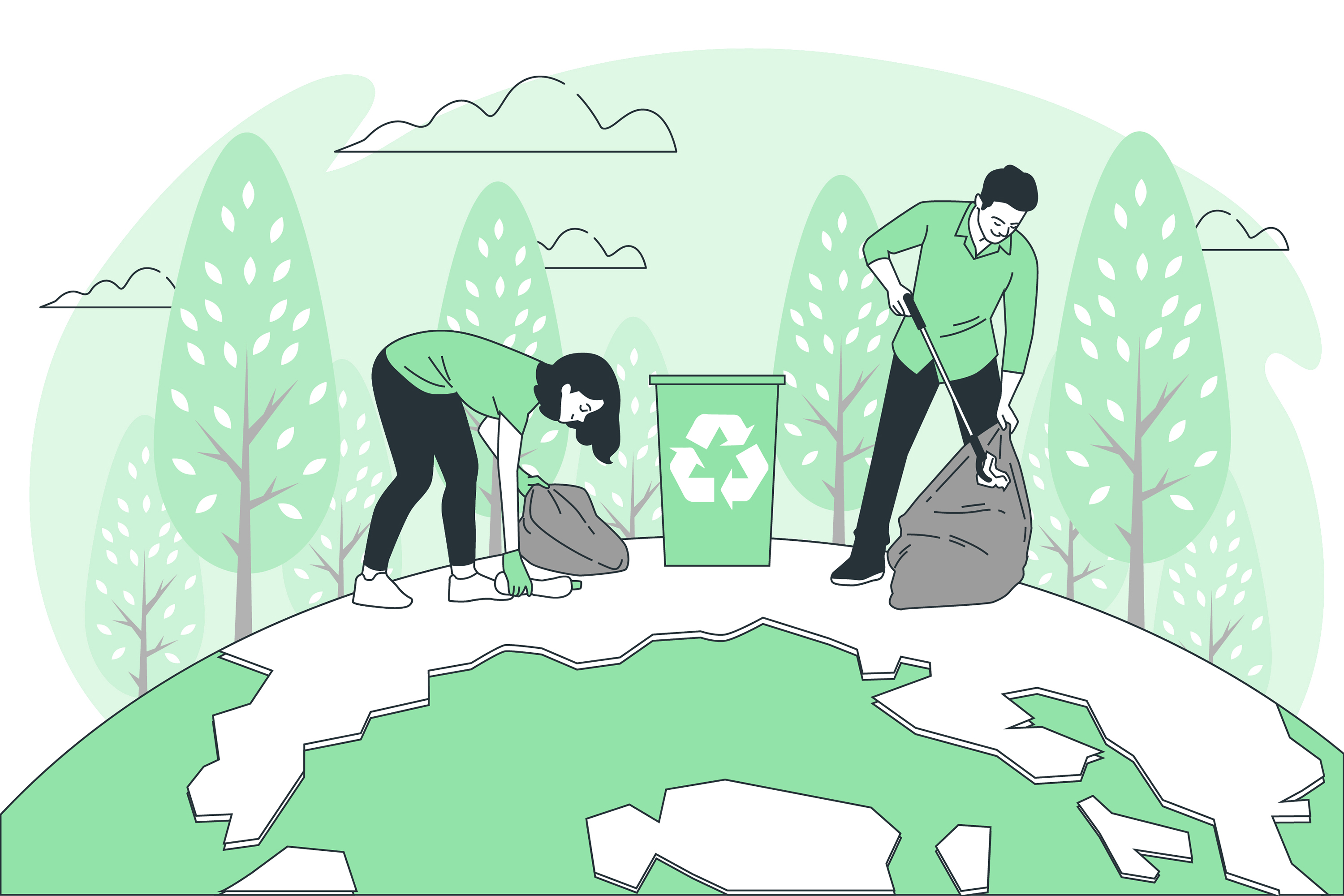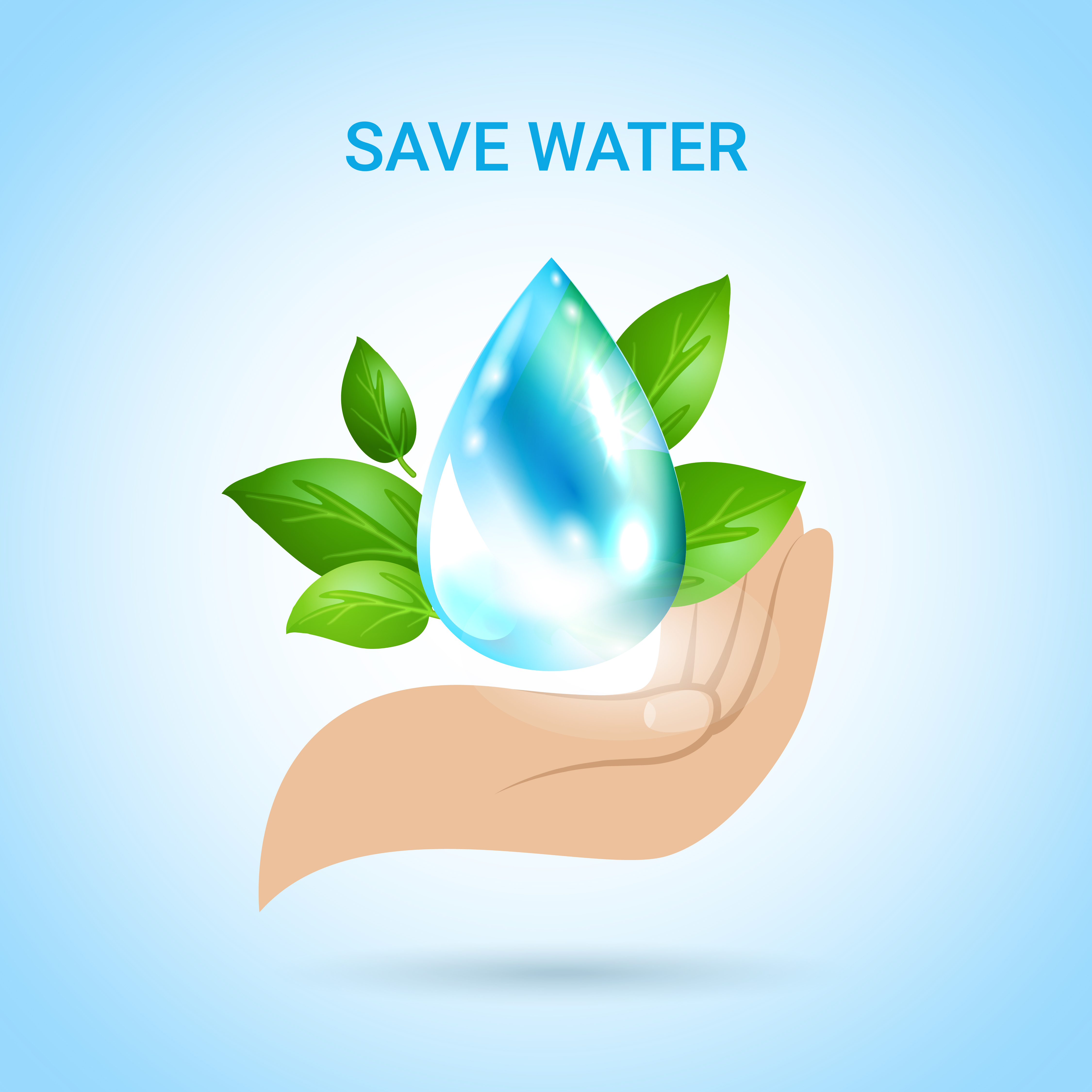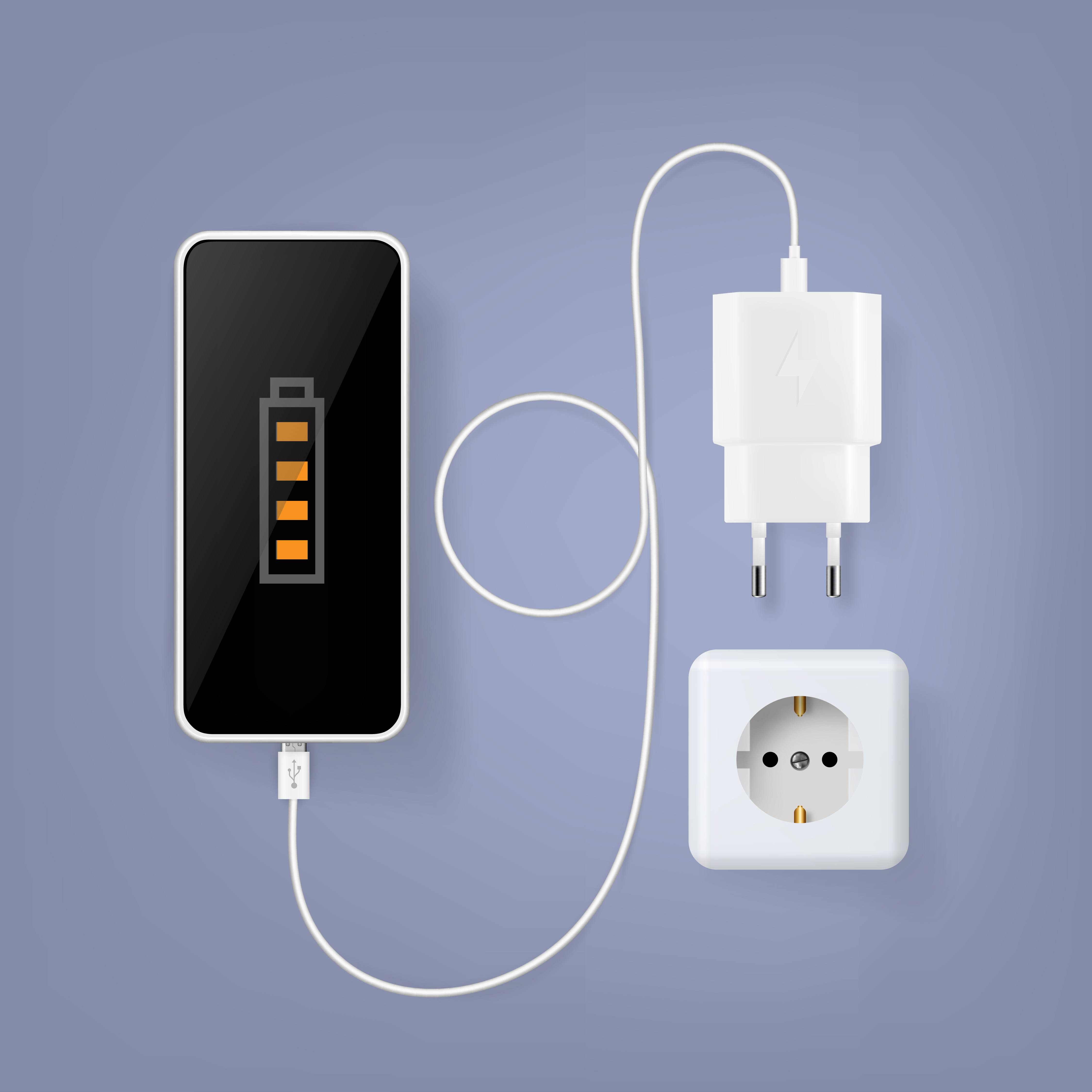Sustainable Practices
Live Green, Live Better

What is Sustainable Living?
Sustainable living minimizes environmental impact by conserving resources, reducing waste, and promoting well-being for current and future generations. It involves choices like using renewable energy, minimizing water usage, recycling, and supporting eco-friendly products. The aim is to meet present needs without jeopardizing the ability of future generations to meet their own.
Sustainable living, in simple terms, refers to a lifestyle that seeks to minimize one’s negative impact on the environment and promote long-term ecological balance. It involves making choices and adopting practices that aim to conserve natural resources, reduce waste, and promote the well-being of both present and future generations. This can include actions such as using renewable energy sources, minimizing water usage, recycling, supporting local and eco-friendly products, and adopting practices that contribute to the overall health of the planet. The goal of sustainable living is to meet current needs without compromising the ability of future generations to meet their own needs.

How Can You Help?

Carpool
Carpooling is an effective sustainable practice that significantly reduces carbon emissions associated with individual commuting. By sharing rides with others, you contribute to decreased traffic congestion and lower fuel consumption, thus promoting a greener environment.

Turn off Unused Lights
Turning off unused lights is a simple yet impactful sustainable habit. By being mindful of energy consumption, homeowners can minimize electricity usage and subsequently reduce their carbon footprint. This not only conserves energy but also leads to cost savings on utility bills.

Recycle
Recycling is a fundamental green practice that promotes the reuse of materials, diverting them from landfills. Homeowners can actively participate by sorting and recycling materials like paper, glass, plastic, and metal. This not only conserves resources but also minimizes the environmental impact associated with waste disposal.

Conserve Water
Conserving water is crucial for sustainable living. Homeowners can adopt water-saving practices such as fixing leaks, using efficient appliances, and employing mindful water usage habits. Conserving water not only benefits the environment but also contributes to lower utility bills.

Use LED Lights
Switching to LED lights is a practical and energy-efficient choice for homeowners. LED bulbs consume significantly less energy than traditional incandescent bulbs, leading to reduced electricity usage and lower greenhouse gas emissions. Additionally, LEDs have a longer lifespan, reducing the need for frequent replacements.

Unplug Charged Devices
Unplugging charged devices is a small yet impactful practice. Many electronic devices continue to consume energy when plugged in, even if they are fully charged. Homeowners can reduce energy waste by unplugging chargers and devices when not in use, contributing to energy conservation and an eco-friendly lifestyle.
